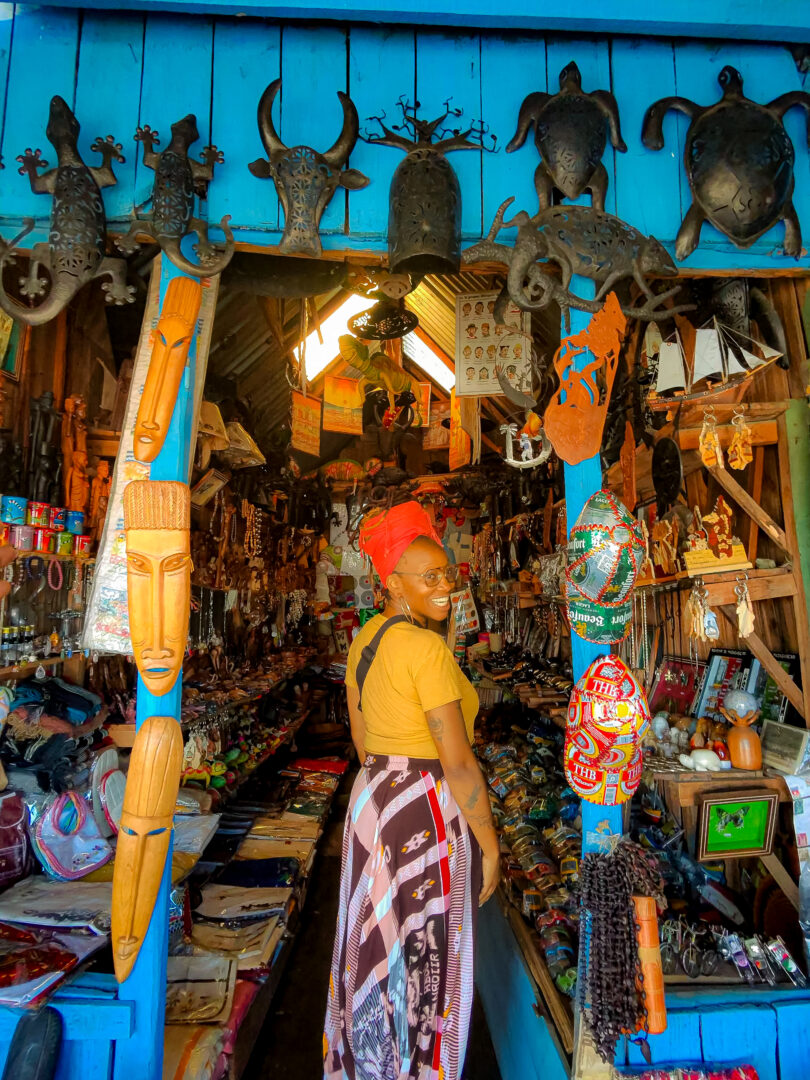Why Madagascar Should Be at the Top of Your Travel List
When people ask, “Why Madagascar?” my first answer is simple: Well… it’s Africa!
If you’ve been following my journey with The Traveling Black Women Network, you know I have a goal — to experience every country on the continent. Each one has its own rhythm, beauty, and story to tell.
But Madagascar? Madagascar is a category all its own.
1. A Wild Paradise You Won’t Find Anywhere Else
Here’s a fact that still amazes me: over 90% of Madagascar’s wildlife exists nowhere else on Earth.
Think about that. From lemurs singing in the treetops to coral reefs glowing beneath turquoise waters, the biodiversity here is next-level. You’ll spot animals that don’t exist anywhere else — not even in other parts of Africa.
That makes Madagascar a dream for nature lovers, photographers, and anyone who’s ever felt peace just listening to the world breathe.
2. Where Africa Meets the Islands Meets Asia
Madagascar is both African and island nation, and that dual identity shows up in every part of life — from its architecture to its cuisine.

You’ll taste fresh seafood stews seasoned with local herbs, walk through villages with Asian-inspired rooftops, and meet people who welcome you with warmth and curiosity.
It’s a crossroads of cultures that feels at once familiar and brand new.
3. A Tapestry of 18 Ethnic Groups
The cultural diversity here is incredible. The Malagasy people are truly one of a kind. Their ancestry reflects both Southeast Asian and East African roots, visible in everything from facial features to spiritual traditions. Madagascar is home to 18 distinct ethnic groups, each with its own traditions, beliefs, dialects, and ways of life.
Madagascar’s 18 dialects mirror its ethnic diversity. The most widely spoken is the Merina dialect, used in schools and media — but travel beyond the capital, and you’ll hear subtle changes in tone and vocabulary.
Some of the largest are the:
- Merina – centered around the highlands and capital, Antananarivo
- Betsileo – known for terraced rice farming and hospitality
- Betsimisaraka – coastal people with rich seafaring history
- Sakalava – guardians of ancestral rituals and sacred landscapes
- Antandroy – desert dwellers with deep spiritual traditions

Each group has left its own mark on the island’s language, food, and identity. Our guide helped us listen for them. He pointed out little shifts in pronunciation that carried centuries of history and migration. I loved that. It reminded me how language connects people even when words change.
A Living Lesson in Connection
What drew me to Madagascar wasn’t just the wildlife or the beaches — it was the story the island tells about connection.
Here, you can literally see how continents, cultures, and histories intertwine. It’s a place that reminds you how diverse Africa is — and how much beauty lies in the in-between.
So, yes, “Why Madagascar?”

Because it’s unlike anywhere else on Earth.
If you love culture, nature, and discovery, it will be a journey you’ll never forget.
✈️ Ready to Plan Your Trip?
Now that you know why Madagascar is so special, it’s time to see how to make it happen.
👉🏾 Check out our 10-Day Madagascar Itinerary — for everything you need to plan your own unforgettable adventure.
More on Madagascar:
Accommodations | Packing | When to Go
💛